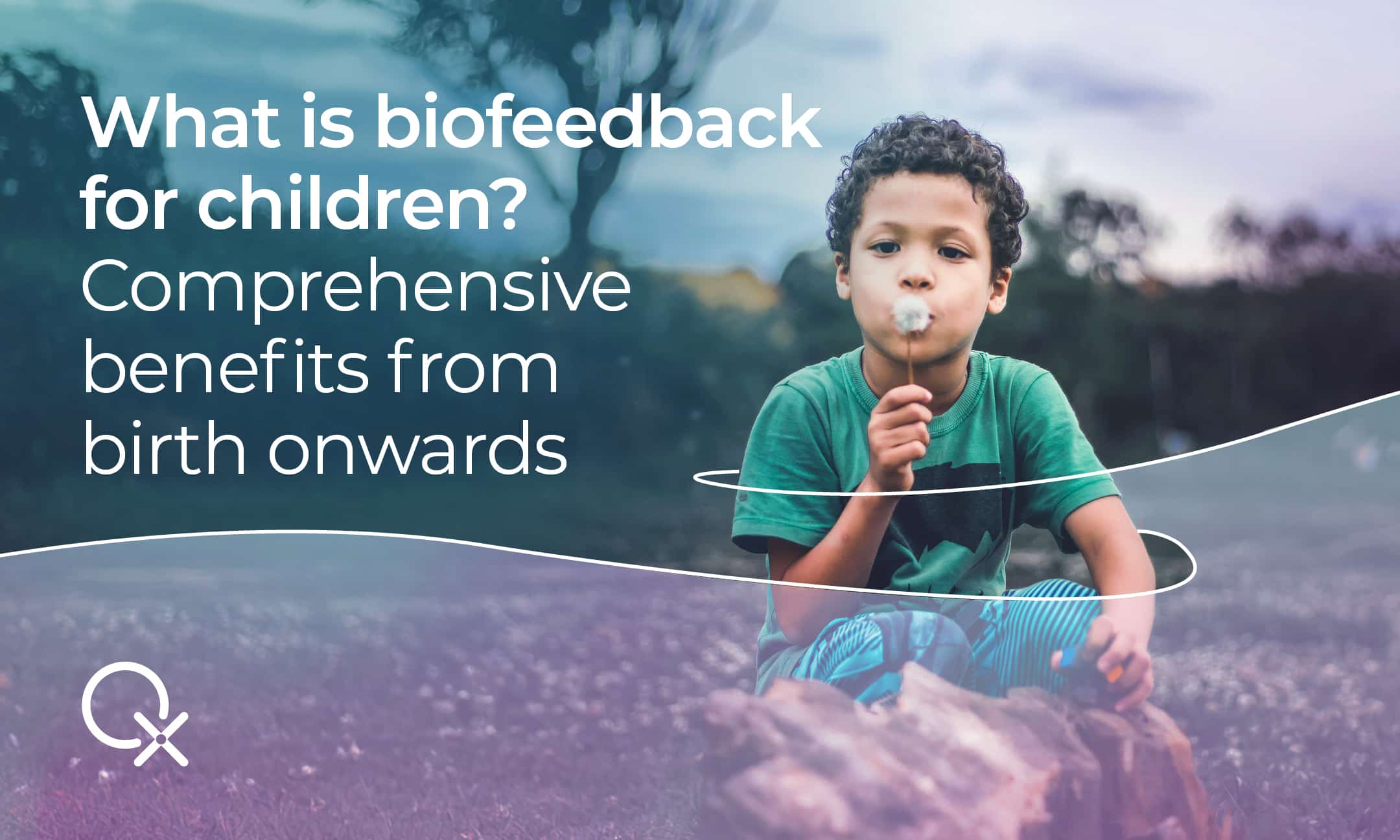
Even though a baby might be born completely healthy, they are immediately faced with external toxins and pollutants that can affect their health for the rest of their lives. Children can benefit greatly from Quantum biofeedback sessions, from birth and through all stages of childhood and adolescence.
During pregnancy, mothers are offered various vaccinations, and newborns in some countries are vaccinated immediately after birth. Most newborns receive the vitamin K shot, which can be laborious for the liver to process. Additionally, mothers are often given medications such as antibiotics and strong painkillers during labor, which can have an immediate impact on the overall health of the newborn child, particularly their liver, kidneys, and gut health.
Therefore, it can be said that the pure and natural state of a child’s health is often unknown. Even during gestation, layers of toxins and medications are being introduced, affecting the child’s health from the very beginning. Biofeedback can help identify and address these stressors early on, promoting better health and well-being as the child grows.
Whether parents choose to opt out of the regular protocols of prenatal and postnatal care that include a variety of medications and vaccines, or if they decide to follow those options, biofeedback can be used to strengthen or restore the natural defenses of children of any age.
Newborns and infants are also highly susceptible to absorbing the emotional and behavioral patterns from their environment. Although most parents focus on providing a relaxed and safe environment for their young children, life is not always smooth, and circumstances might not always align with our desires.
On the contrary, parents often have to deal with everything under more strenuous circumstances, with lack of sleep and new routines affecting every aspect of life. They must manage everyday tasks such as work, household responsibilities, and caring for other family members, while also handling unexpected events such as illnesses, financial challenges, and other crises.
This can put much strain on a family during a vulnerable period in their lives and is almost certain to have an effect on their young child.
When working with young children, it is important to start slowly and never push anything too much, taking advantage of the fact that children are very adaptable and receptive to the support provided by biofeedback training. Practitioners should start by using the biofeedback systemic relaxation panel, spinal panel, and chiropractic panel as a foundation for the training. Additionally, incorporating nutritional training is highly beneficial.
In some cases, it might be beneficial to offer the new mother, or both parents, the option of a biofeedback session for stress reduction training. This is especially true if the mother is lactating and experiencing difficulties adjusting to her new role in life, dealing with sleeplessness, or facing challenges due to hormonal imbalances or external stressors that are hard to manage. These issues can, of course, affect the child, as infants take their cues from their mothers.
It is also essential to have an in-depth conversation with the parents to understand their reasons for choosing to bring their child for a biofeedback session. Educating them on the various stressors that might be indicated during the biofeedback session and providing them with relevant information can help them make informed decisions regarding their child’s health and healthcare going forward.
Numerous studies and clinical trials support the effectiveness of biofeedback for children.
In the case of ADHD in children as well as ADD, neurofeedback can be transformative. By training brain wave patterns, children can improve their focus and reduce hyperactivity, leading to better academic results and behavior in social settings.
Anxiety is a common challenge among children, often presenting with physical symptoms like headaches or stomachaches. Biofeedback for stress and anxiety equips children with relaxation techniques to manage stress and anxiety effectively, promoting a calmer, more balanced state of mind.
Biofeedback can help older children to better understand and control their emotional responses, decreasing the frequency and intensity of emotional outbursts. It is particularly beneficial for children who struggle with emotional regulation, providing them with tools to stay calm and composed when under pressure.
Biofeedback can help prevent bedwetting, also known as nocturnal enuresis, in children. Specifically, biofeedback for bladder control teaches children to recognize the sensations of a full bladder and become more aware of the need to urinate. In addition, biofeedback sessions can help children to strengthen and control their pelvic floor muscles, which play a crucial role in bladder control.
At QX WORLD, we have witnessed countless success stories where children have benefited from quantum biofeedback. Parents and caregivers have reported significant improvements in their children’s behavior, emotional well-being, and overall quality of life. Please do not hesitate to get in touch for more information on quantum biofeedback for children and how it can benefit all ages.
+1 (989) 681-1063
+1 (856) 322-8589